Volunteers: Anupama Pain and Gurudutt Shenoy
Duration: 20th to 30th July 2013
Enroute: Mumbai-Delhi-Dehradun-Rudraprayag-Guptkashi-Sonprayag-Triyuginarayan
Location: Last village on the route to Kedar Valley
Purpose: First assessment of ground situation after the disaster, networking with local organizations/nodal agencies, coming up with tentative areas of impact work both in short and long run, aid in distribution of cash to families in need
Having spent over 3 years in the ‘development’ sector now, working especially in the areas of micro-finance and empowerment, giving money to someone considered needy, as a value, is criminal to me. A lot of debates and arguments later, i have decided to position myself (cause taking positions is a must here … else you may be considered half witted) as against any form of giving money in lieu of no work is equal to alms giving and so should not be. However, this logic is inherently against the principles of empowerment really. It assumes that giving money in this way makes people lazy, dependent and promotes indulgence. Isn’t this undermining people’s ability and right to decide how best they want to use money; and so in opposition to the entire idea of development which assumes that people have it in them to be best judges of their lives and so should be empowered.
All these complexities not withstanding, when we both finally reached the last village on the Kedar route – we realized that from solar light to personal hygiene kits, everything was being distributed as relief material and then what was happening was appalling. Different homes needed different things. Some needed shoes while they already had received 4 solar lights but not a single shoe and so on. As an effect, people were selling the relief material at half the price to Guptkashi wholesalers to lay hands on some cash which could be used to buy requirements at high prices of-course due to shortage of stocks. Then a new benevolent group would come and re-buy the same things from the same wholesalers and re-distribute it to the same homes who would re-sell it to the wholesaler again. In all these ‘re’s the true happy person is the wholesaler.
The temporary fix to this seemed to be cash distribution directly, and keeping faith that people are the best judges of their needs and lives – even after a disaster. We identified 20 families where the working male members were gone and distributed some cash that would help them keep afloat till the said 5.25 lac rs. compensation package reached them.
Disasters teach you a hell lot of things and along with the realigning of the course of the rivers, the Uttarakhand disaster will make the people directly and indirectly experiencing it (as victims or volunteers alike), realign a lot of their values and notions.
*** Anupama is part of the core team of iVolunteer that is engaged in flood relief and reconstruction work in Uttarakhand.

One reply on “Uttarakhand Aftermath : Known Principles Tested”
You have point out rightly “Disasters teach you a hell lot of things”
LikeLike